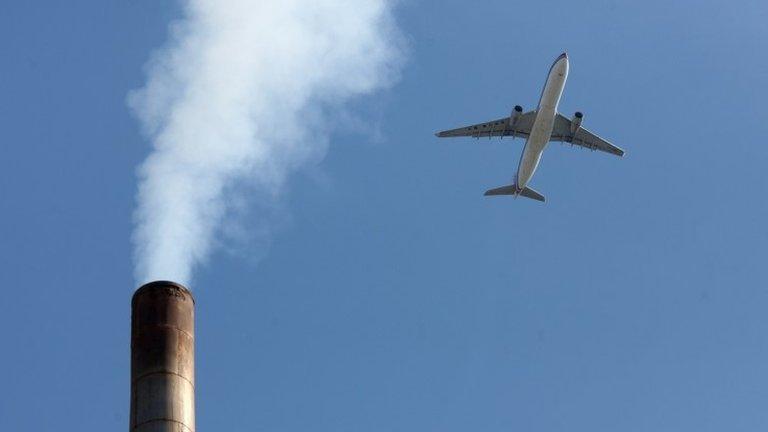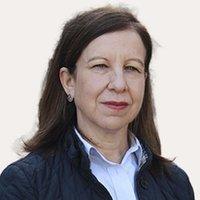Nuclear deal could give Iran technologies to cut pollution
- Published
- comments
Lyse Doucet spoke to the head of Iran's Environment Department, Vice-President Masoumeh Ebtekar
Of all the reasons why Iran needs to ensure the success of its nuclear deal with world powers, one is linked to its very survival.
The statistics are stark. On the World Health Organisation's list of the world's top 10 most polluted cities, four are in Iran.
"To improve the quality of our air, we need new technologies," Vice-President in charge of the environment, Masoumeh Ebtekar, tells me soon after she arrives in Paris for the COP21 climate change talks.
Not only that, she claims Iran could quadruple its cuts of greenhouse gas emissions with new technologies once there is a complete lifting of sanctions under the landmark nuclear deal signed with world powers in July.
Her adviser Majid Shafiepour, who heads Iran's delegation to the COP21 talks, sketches a sweeping graph showing what Iran can achieve if it is "business as usual" - and a more ambitious plan boosted by sanctions relief.
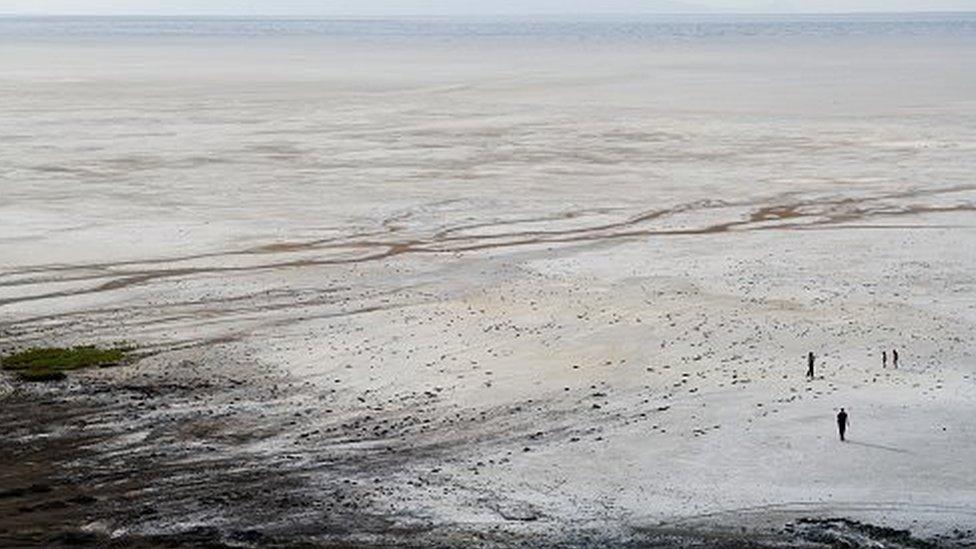
Water mismanagement and drought have brought Lake Urmia, once the Middle East's largest salt water lake, to the brink of disappearance
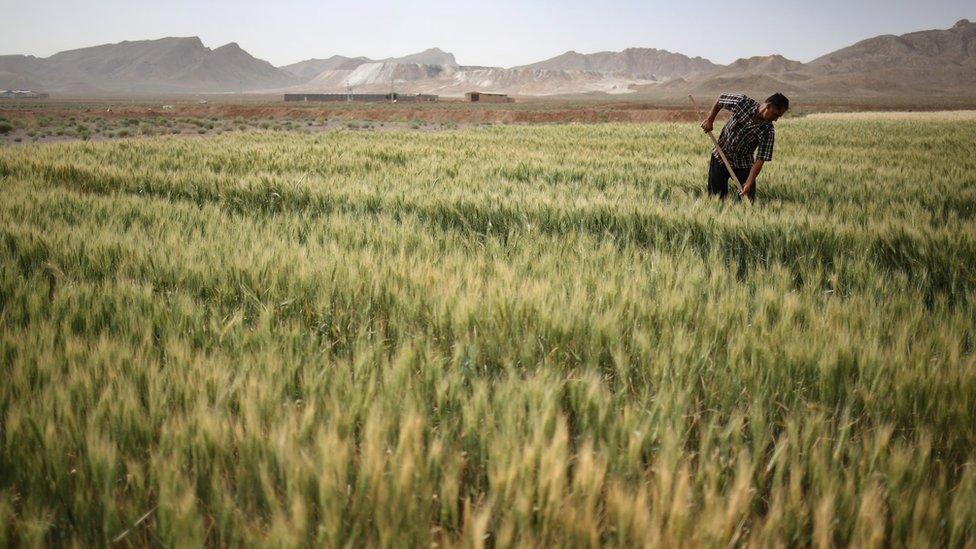
Iranian farmers are being urged to be more efficient in their use of water
Even before Iran has fulfilled its side of the bargain with a significant dismantling of its nuclear programme, the potential in its new international engagement is already clear.
"There's been a lot of willingness among European countries like France and Italy as well as the private sector to come to invest in green technologies," Mrs Ebtekar says when we sit down for an interview in the graceful premises that have been Iran's official residence in the French capital for more than a century.
She cites a long list of sectors from solar and wind power, to irrigation and waste management.
Iran is already working on its own programme to enhance the quality of fuel used by vehicles in all major cities but she points out that "if sanctions are lifted, Iran can move ahead more quickly".
In the capital Tehran, air quality in the sprawling city of 12 million is said to be improving but suffocating smog occasionally shuts offices and schools and in past years caused thousands of deaths.
In a recent article for the UK's Guardian newspaper, external, environmental expert Kaveh Madani and political analyst Nazanin Soroush say reports suggest that that Iran's petrol carries ten times the level of contaminants of imported petrol. As for diesel, it contains 800 times the international standard of sulphur.
In the run up to this major round of climate talks, Iran's Supreme Leader Ayatollah Khamenei set out an ambitious 15-point environment plan calling for greater engagement and awareness from every level of government and society.
'A total U-turn'
Earlier this year Iran's most powerful figure took aim at land-grabbing - which he said was reaching "mountain-grabbing" proportions and causing rampant deforestation and environmental destruction.
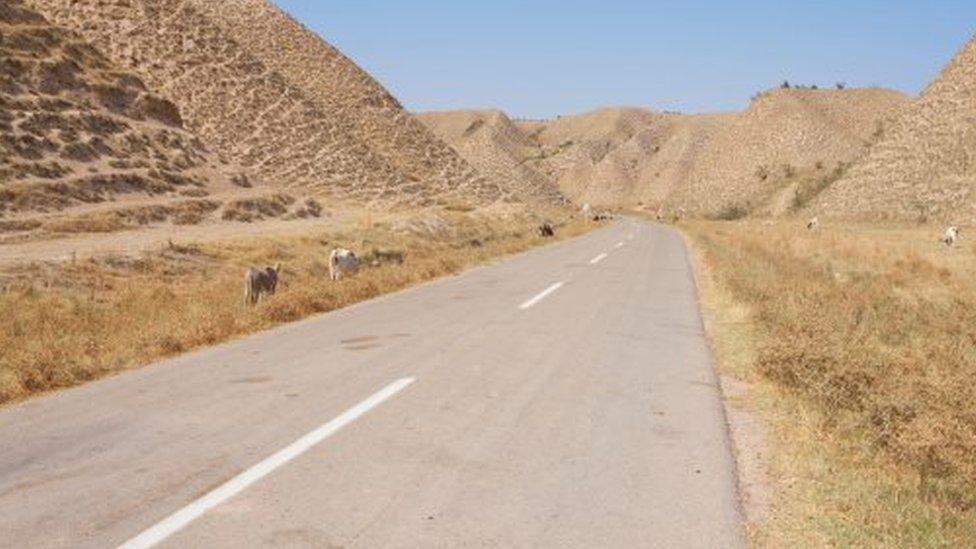
Thirteen of Iran's 32 provinces face a "critical water situation"
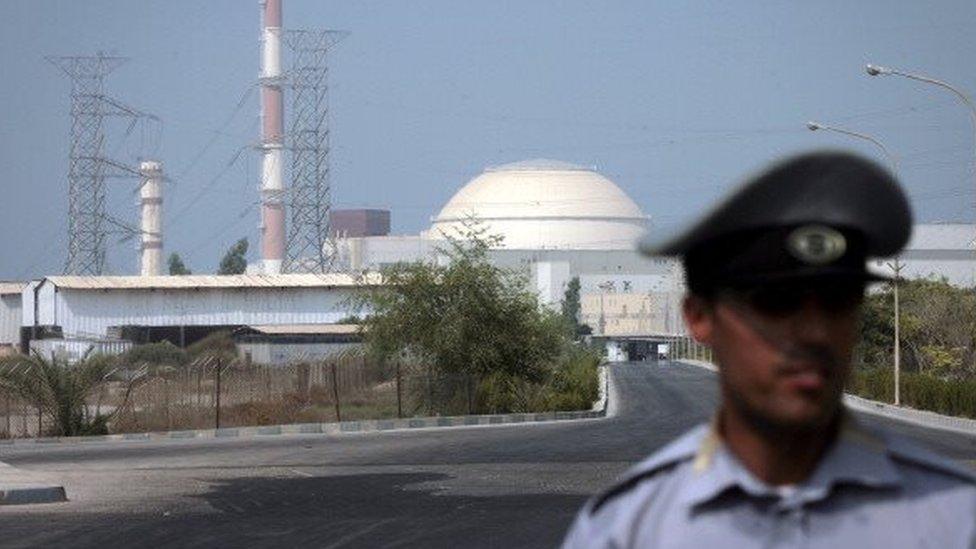
Mrs Ebtekar insists that the disabling of centrifuges at Iran's nuclear power stations - as agreed in the nuclear deal with the US and other countries - was proceeding as agreed
Now there is talk of another revolution by the woman who played a key public role as a student spokesperson after the 1979 Iranian Revolution. This time, it is in agriculture.
"We need a total U-turn in agricultural policy," is how Mrs Ebtekar summarises the challenge.
What experts describe as Iran's self-inflicted water shortage stems from exploiting 97% of its surface water - in contrast to an international standard of 40%. A change would mean educating farmers and providing incentives for a more efficient use of water.
Iran's President Hassan Rouhani recently warned that water shortages were now a national security issue.
Of 32 provinces, 13 face a "critical water situation".
Water mismanagement and drought have also brought Lake Urmia, once the Middle East's largest salt water lake, to the brink of disappearance.
Dust storms are another scourge. In February, daily life came to standstill across Khuzestan province in the south-west because dust pollution reached 66 times permissible levels.
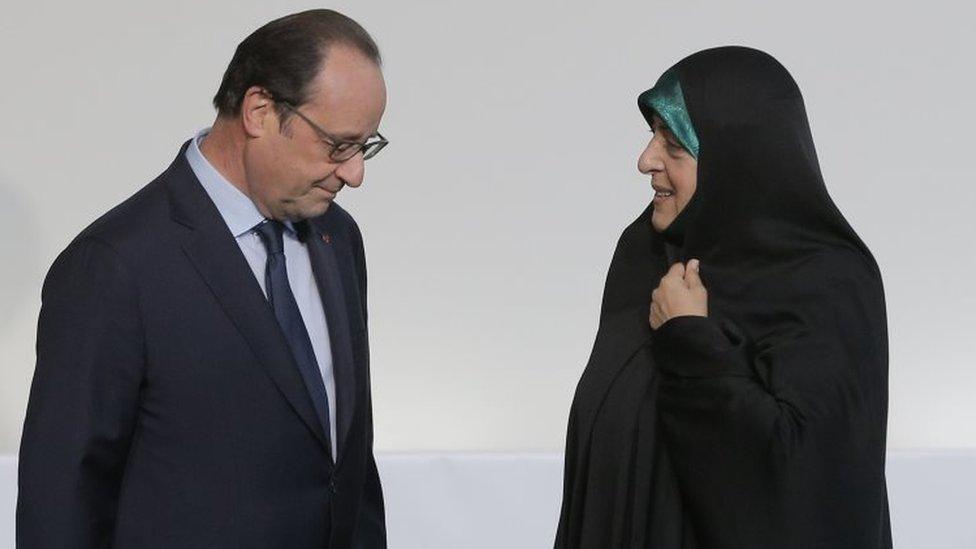
French President Francois Hollande met Mrs Ebtekar as she arrived for the COP21 UN climate change talks
Former Agriculture Minister Issa Kalantari, who still serves as an adviser, famously sounded a dire warning that if Iran did not change course, large parts of the country would be uninhabitable in two decades.
Asked about reports earlier this month that Iran, under political pressure from hardliners, was slowing the disabling of centrifuges which play a key part in the enrichment of of nuclear fuel, Mrs Ebtekar emphasised that the programme was proceeding as agreed in the nuclear deal.
"There is a certain group in Iran that has criticised the nuclear deal from the beginning and has concerns," she explains. "I think it's important for people to understand how important it is for our country."
"I think it's also important for the international community to understand we are also under pressure. We should all work together to make sure it moves ahead," she added.
While the world keeps a close eye on progress in the nuclear deal, Iran is also realising it has its own obligation to itself to safeguard its very future.
- Published14 October 2024

- Published24 November 2015

- Published31 March 2014
